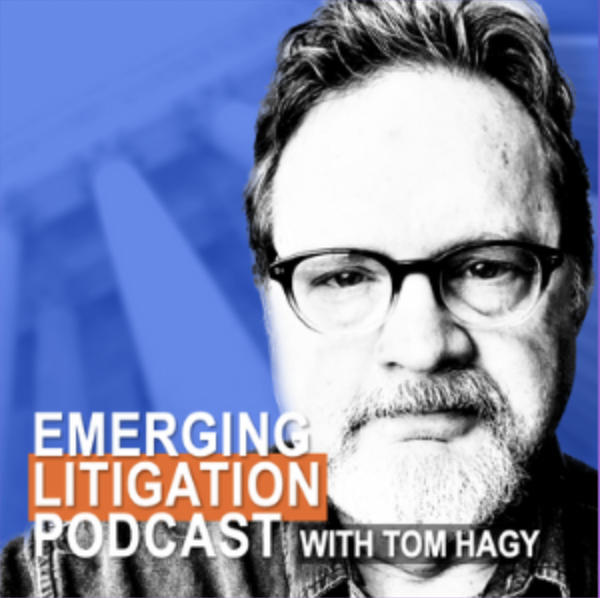Ninth Circuit Rejects Religious Accommodation Claim in COVID Testing Case
This ruling provides helpful clarity for employers—especially in healthcare—who continue to navigate religious accommodation requests post-pandemic.
–Stefani Schwartz
In Detwiler v. Mid-Columbia Medical Center, the Ninth Circuit upheld the dismissal of a Title VII religious discrimination claim brought by a healthcare worker who objected to weekly COVID-19 antigen testing despite being granted a vaccination exemption. The court held that the plaintiff failed to plead a bona fide religious belief that conflicted with the testing requirement, and that the employer’s accommodation—masking plus testing—was reasonable.
Employment attorney Stafani Schwartz told HB Litigation that this ruling provides helpful clarity for employers—especially in healthcare—who continue to navigate religious accommodation requests post-pandemic. In practice, most litigation in this area turns on what is considered a reasonable accommodation, and how far an employer must go before it becomes an undue burden.
Stefani noted that the Ninth Circuit reinforced several key points for employers:
• A religious objection must be tied to an identifiable and sincerely held religious belief—not personal or philosophical opposition.
• Reasonable accommodations grounded in safety, such as testing or masking, are likely to be upheld when implemented consistently.
• Employers are not required to offer an employee’s preferred accommodation if a reasonable alternative already exists.
Stefani emphasized that for defense counsel, the case highlights the continuing importance of:
• Maintaining clear, consistent policies
• Documenting an interactive accommodation process
• Ensuring all decisions are tied to legitimate business and safety needs
Taken together, the ruling strengthens employers’ ability to defend against religious discrimination claims where a good-faith, reasonable accommodation has already been provided.


